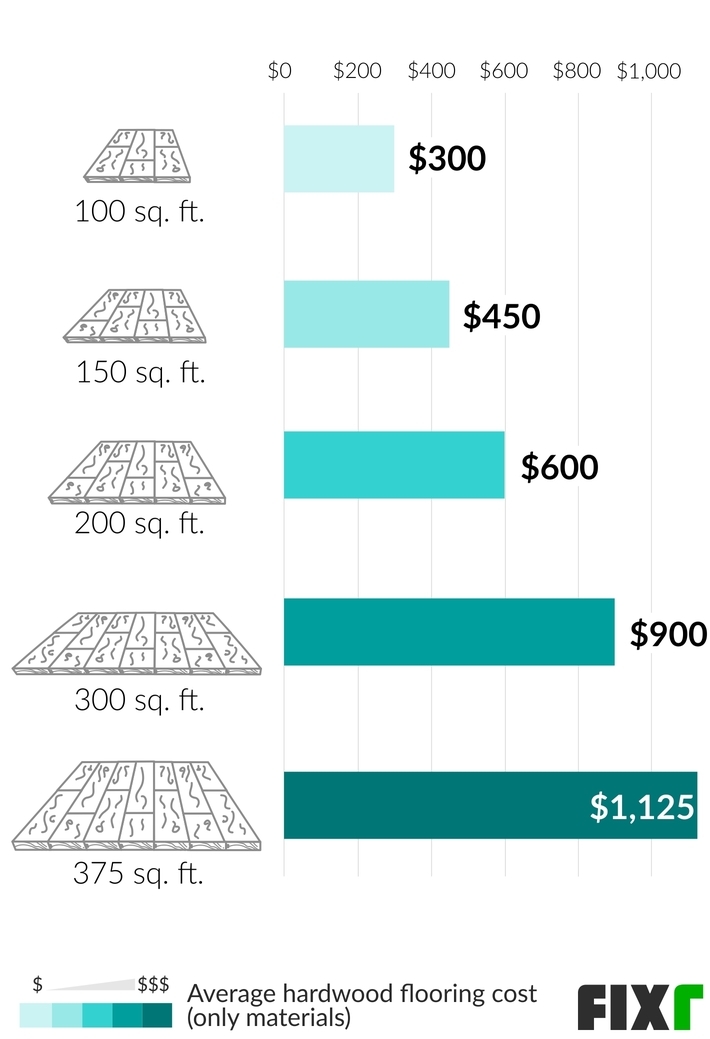Installing hardwood floors can be a great way to add value to your home and provide a lasting, beautiful look. However, the cost of hardwood floor installation can vary depending on several factors. In this article, we’ll take a look at the different costs associated with hardwood floor installation and how you can save money on the project.
Types of Hardwood Flooring
The cost of hardwood floor installation will depend on the type of hardwood you choose. There are three main types of hardwood floors: solid, engineered, and laminate. Solid hardwood is the most expensive option and is made of 100% hardwood. Engineered hardwood is made of a combination of hardwood and plywood, and is usually less expensive. Laminate is the least expensive option and is made of a composite material with a hardwood veneer.
Labor Costs
Labor costs are another factor that will affect the cost of hardwood floor installation. The labor cost includes the cost of the installer, materials, and any necessary tools. The cost of labor will depend on the size and complexity of the project, as well as the experience level of the installer.
Preparation and Installation
Before installation begins, it’s important to prepare the area for the hardwood floor installation. This includes removing any existing flooring and preparing the subflooring. The installation process itself can also be time consuming and labor intensive, so it’s important to factor in these costs as well.
Tools and Materials
In addition to the labor costs, you’ll also need to factor in the cost of tools and materials. This includes the cost of the hardwood flooring itself, as well as any necessary tools and materials, such as nails, glue, and underlayment. If you’re hiring a professional installer, they may already have the tools and materials needed.
Additional Costs
In addition to the cost of hardwood floor installation, there may be additional costs associated with the project. This could include things like delivery charges, removal of old flooring, and installation of trim or baseboards. It’s important to factor these costs into your budget when calculating the overall cost of the project.
DIY vs. Professional Installation
Finally, you’ll need to decide whether you want to hire a professional installer or attempt the project yourself. Professional installation can be more costly, but it will ensure the job is done properly and with the highest quality. DIY installation may be less expensive, but it can be more time consuming and labor intensive.
Conclusion
When it comes to hardwood floor installation, there are several factors that can affect the cost. From the type of hardwood to the labor costs and the necessary tools and materials, it’s important to factor in all costs before beginning the project. Additionally, you’ll need to decide whether you want to hire a professional installer or attempt the project yourself. By understanding all the costs associated with hardwood floor installation, you can make an informed decision and find the best option for your budget.















Related Posts








